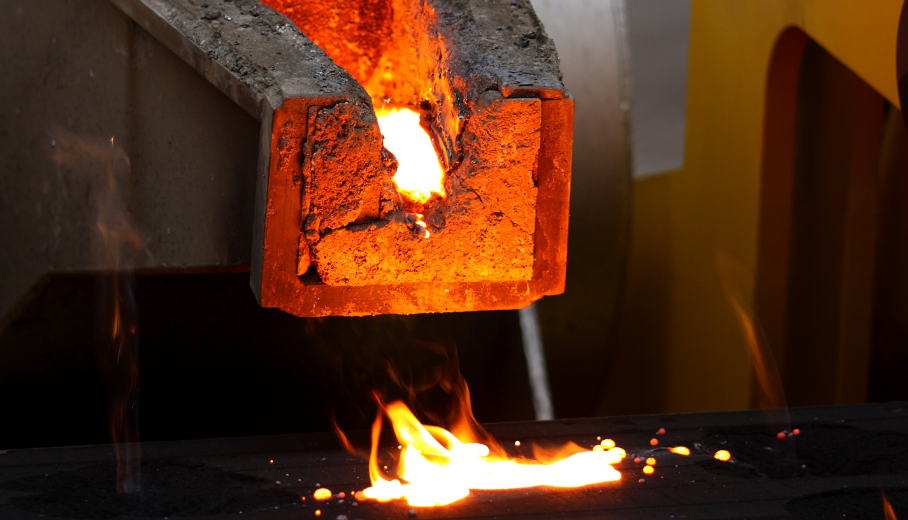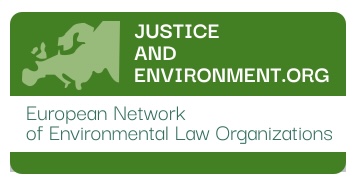

Justice and Environment started a project aimed at advancing the decarbonization of industrial processes, with a primary focus on the steel industry.
The project, financed by the European Climate Foundation (ECF), started on November 1, 2023, and will conclude on August 31, 2024. It aims to advance research on CO2 emissions from steel plants, assess compliance with the Best Available Technologies, and develop legal strategies for the region’s steel industry, with a focus on countries like Poland, Czech Republic, Hungary, Bulgaria, Croatia, and Bosnia and Herzegovina (nations with strong connections to steel production) aiming to promote sustainability and reduce carbon emissions.
In the global pursuit of sustainability, the steel industry stands out as a significant contributor to CO2 emissions, prompting initiatives and legal considerations to usher in a greener era. Recent estimates suggest that steel production is responsible for 7.2% to 11% of global CO2 emissions, with the European Union (EU) reporting a substantial 5% contribution from its steel sector.
The EU steel sector faces a crucial challenge – developing and implementing low-CO2 technologies within the next decade to meet the stringent climate targets set by the EU Climate Law. The emphasis has shifted from mere net-zero targets to how these targets will be achieved, leading to the introduction of low-CO2 steel projects across the EU.
While more than half of global steel production occurs in China, potential legal actions against European steel industry players require careful targeting. Strategic litigation aims not at closure but at improving industrial processes and embracing the concept of green steel. Legal instruments against steel users, like building and automotive industries, are viewed as less effective, with a preference for advocacy and awareness.
Crucially, the project is not just about legal actions—it’s about initiating a broader conversation and driving tangible change. Through strategic engagement with stakeholders, including industry players, policymakers, and environmental advocates, J&E aims to advocate for sustainable practices within the steel industry.
Ultimately, the project’s success will be measured not only by its immediate outcomes but also by its long-term impact on policy, industry practices, and the broader fight against climate change. As J&E forges ahead with this ambitious endeavor, it stands as a beacon of hope for a greener, more sustainable future in the steel industry and beyond.

